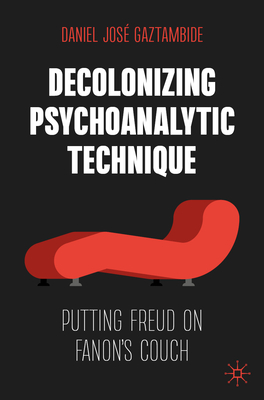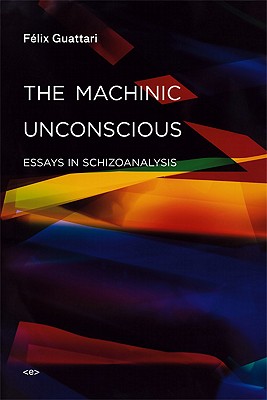
Gaztambide, Daniel José
product information
description
pists wrestle with the relationship between psychological distress and inequality across race, class, gender, and sexuality. How does one address this organically in psychotherapy? What role does it play in therapeutic action? Who brings it up, the therapist or the patient?
Daniel José Gaztambide addresses these questions by offering a rigorous decolonial approach that rethinks theory and technique from the ground up, providing an accessible, evidence-informed reintroduction to psychoanalytic practice. He re-examines foundational thinkers from three traditions--Freudian, relational-interpersonal, and Lacanian--through the lens of revolutionary psychiatrist Frantz Fanon, and offers a detailed analysis of Fanon's psychoanalytic practice.
member goods
No member items were found under this heading.
listens & views

20TH & 21ST CENTURY PIANO ...
by WILD / BARBER / HINDEMITH / STRAVINSKY
COMPACT DISCout of stock
$14.50
Return Policy
All sales are final
Shipping
No special shipping considerations available.
Shipping fees determined at checkout.






